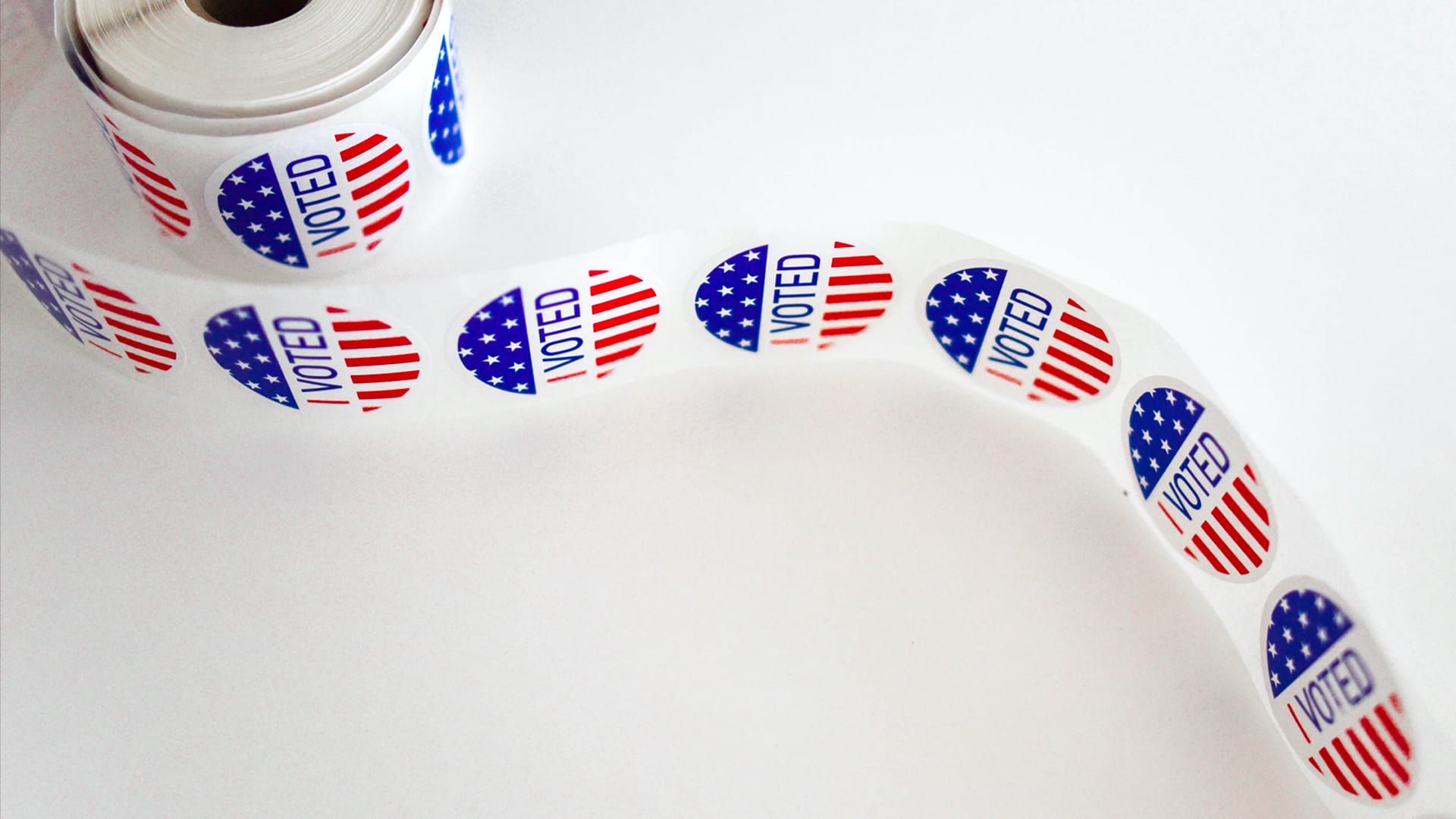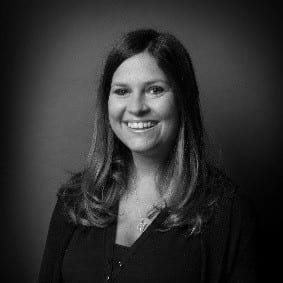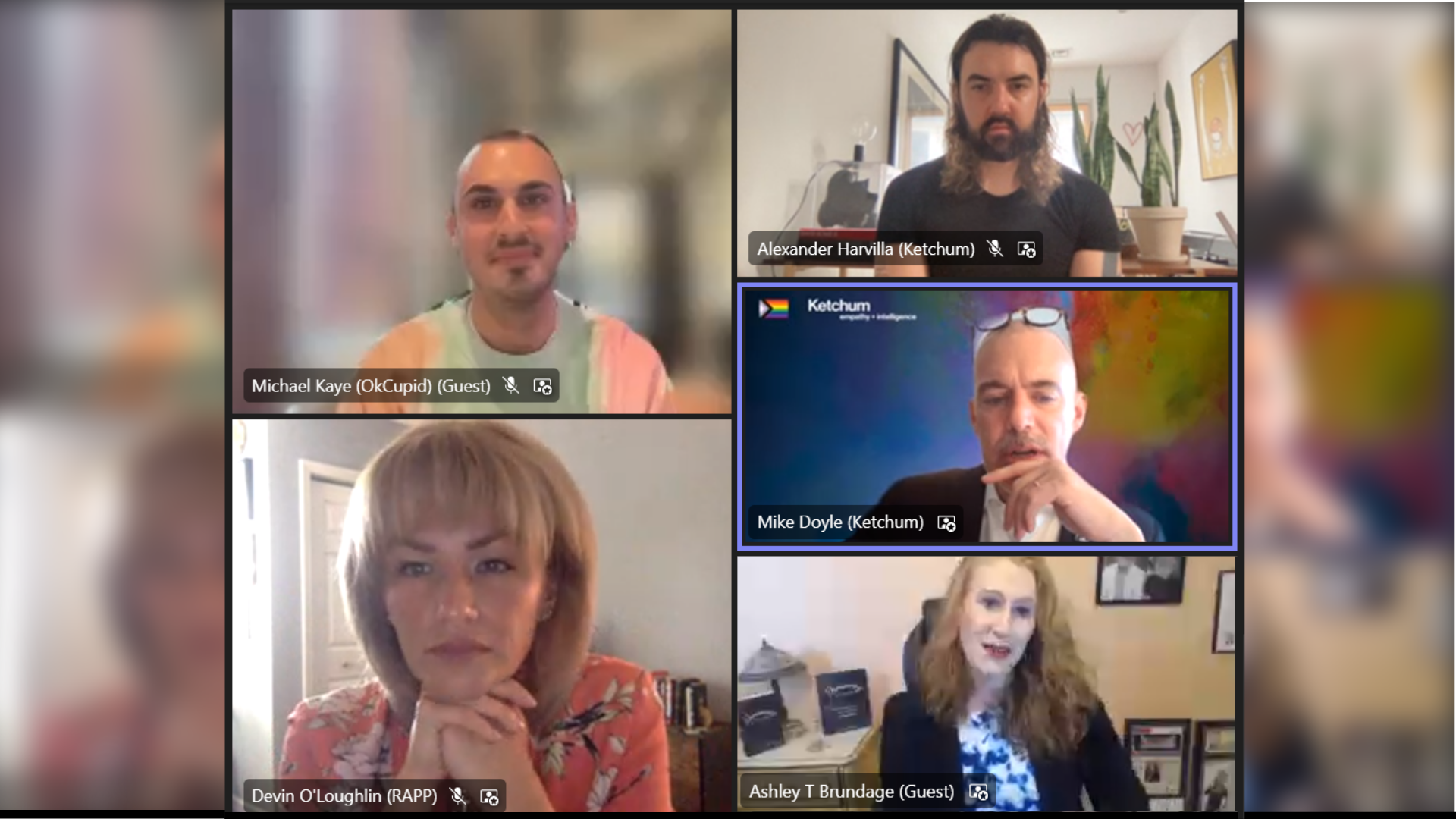What is the right stance for an employer to take during an election? A generation ago, the answer was easy: none. Politics was something you left in the parking lot, and voting was something you did on the way to work or on the way home.
In the age of engagement, those barriers have fallen. With few exceptions, companies won’t openly take sides in the national contest, but they can’t ignore it, either. As we near a U.S. presidential election that is arguably the most divisive of our lifetime—one where the results may be delayed due to an unprecedented number of mail-in ballots and related legal decisions—the impact on workplace culture may extend far beyond election day.

Given this, employers need to recognize and support their employees’ ability to vote and volunteer. They need to champion civic involvement. And they need to make space for people’s passions in a way that balances civility with honesty.
Our recent Ketchum Work Shift 2020 study found that nearly half of Americans think company values and workplace flexibility are more important than career advancement or even compensation. Voting is one of the most important exercises of workplace flexibility—an opportunity for employers to demonstrate a respect for citizenship and the importance of letting people be heard. Companies that don’t support electoral participation are taking the risk of alienating their most important stakeholders. The effects could spread beyond the team to influence brand reputation.
Encourage civic engagement
The tangible way to help involves making it easier for people to cast their ballots and participate in the process. In 2016, only 58% of America’s voter-eligible population voted. The last time we cracked 60% in a presidential election was 1968. We have to do better.
As Chris Rock pointed out when he hosted the in-person premiere of Saturday Night Live earlier this month, a Tuesday in November isn’t the most convenient time to make anything work: “If this show was Tuesday Night Live,” he said, “it would have gotten cancelled in 1975.” Employers can’t do anything about when Election Day falls, but there’s a lot they can do about the way it plays out.
No matter how employees plan to exercise their rights, give them space to do so. Here at Ketchum, our corporate family is taking Election Day as a paid holiday in the U.S. Not every company can do that, but partial time off, flex time or even a day without meetings can help people make it to the polls—as either voters or volunteers. Registration drives, voter education, turnout campaigns and driving people to the polls are as vital as the act of voting itself, and not all of those activities take place on Election Day itself.
Remember that civic engagement isn’t just something we allow; it’s something we celebrate. How can your workplace bring upbeat recognition to the process? One organization set up a selfie station for people who voted. Others created Snapchat geofilters and Spotify playlists. And with so many working remotely, consider trying something new like creating video call backgrounds to mark the occasion. Couldn’t this election season do with an infusion of fun?
Cultivate safe spaces
Giving people the freedom to feel and be heard is a must-do when cultivating an inclusive culture. Embracing a diverse and inclusive workplace means having courageous conversations with your people—and faith that your company culture and inherent core values will keep people focused on the things that unite them as humans. Not long ago in a Ketchum webinar about this topic, we heard some insights on this challenge from Lindsay Wagner, Ketchum’s senior vice president and North America head of Diversity, Equity and Inclusion.
Some of the passions that people carry into the workplace will be purely partisan. Other issues that are important every day, such as questions of gender and race, are under an extra-hot spotlight right now, and have been for a while, because they are also central to the political contest but shouldn’t be seen as political. As we prize diversity in all its forms, that includes diversity of thoughts, ideas and perspectives, with vulnerability and respect at the core of finding common ground and perspective.
In the traditional workplace of a generation or more ago, people were expected to keep their personal lives under a bushel. In today’s workplace, people want their passions respected and their voices heard. Employers need to strike a balance that lets that happen without inviting rancor into the business day.
Now is the time to audit your organization’s ability to create safe containers that can help your people meet those needs—spaces within the workplace culture where people know they can express themselves civilly without fear of reprisal. In practice, this can include listening sessions led by your local D&I groups, leaders or an outside facilitator, an open discussion of what is and isn’t acceptable, or other steps. And remember that some of the voices you’re here to respect are not able to vote but wish to be heard and seen in other ways.
Empathy that endures
When all voices are respected, people can bring their whole selves to work. That will remain important long after the election, because the issues that animate our votes aren’t going away.
Politics plays into our fears, but what bolsters us against our fears is our culture—our earned trust in each other. People seek the steadying influence of culture in their families, in their faith, in their civil associations—and in the workplace. During a season of uncertainty and division that may last far beyond Election Day, we need to make sure our workplace cultures play into our best values and best selves. We don’t have to paper over our differences to remember what aligns us.
If you’d like to explore more of the themes we discussed during our recent Election Readiness webinar, sign up here to access the session recording and a downloadable takeaways summary and see Ketchum’s own Voter Resource Guide. For more information on Work Shift 2020, read our study materials here, and to discuss how Ketchum’s Employee Communications & Engagement specialty can help your organization, get in touch with me directly.



